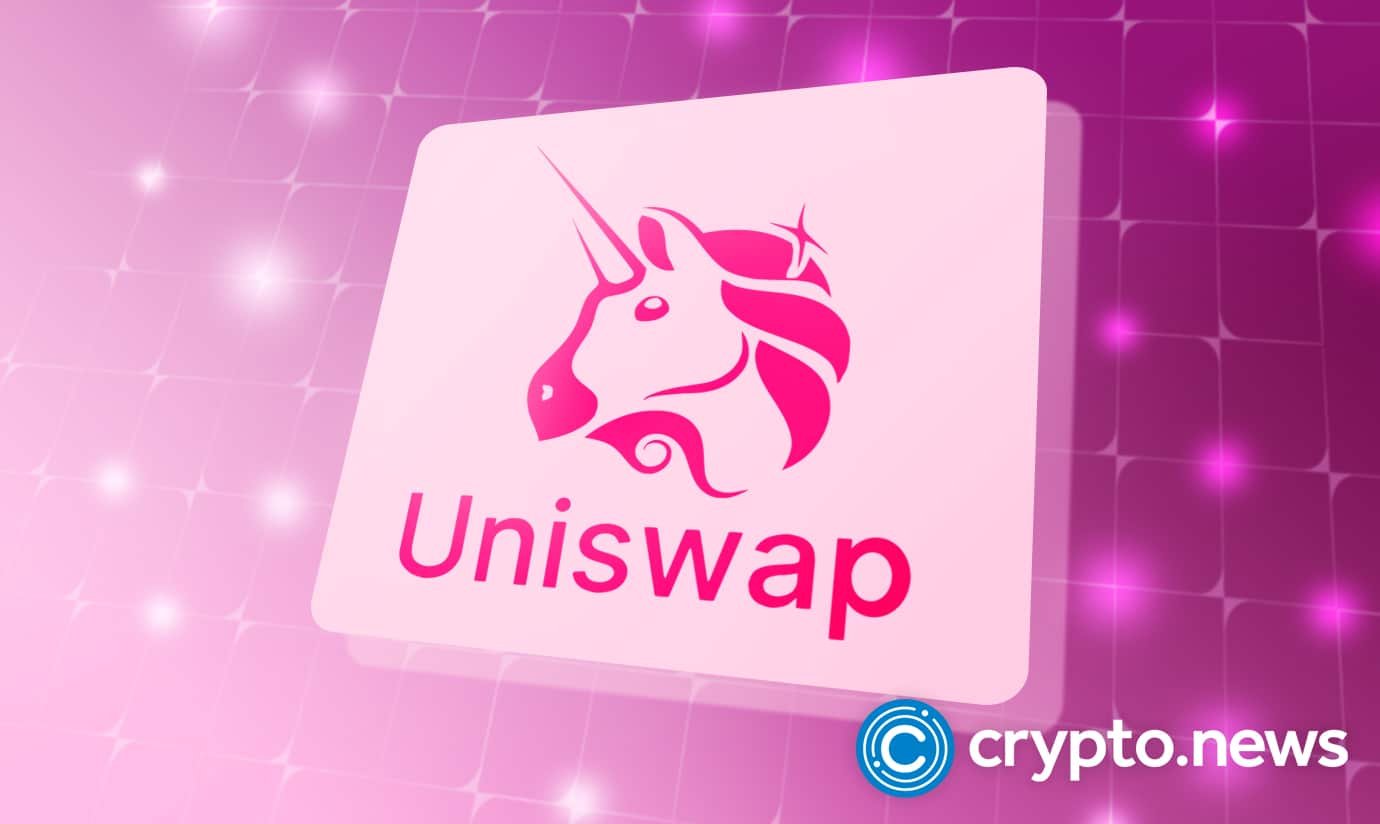Uniswap Founder Questions Binance’s Move to Delegate 13.2 Million UNI

Cryptocurrency exchange Binance delegated 13.2 million UNI tokens yesterday, making it the second-largest entity with voting power in Uniswap decentralized autonomous organization. The incident has raised tensions in the UNI ecosystem and has also captured the attention of Uniswap founder Hayden Adams.
Uniswap Founder Asks Questions After Binance’s Delegation
Uniswap innovator Hayden Adams stated that since being appointed, UNIs promoted the digital exchange having the largest number of UNI governance appointees. Because UNI technically belonged to its users, he thought this was a one-of-a-kind state. Adams announced the statement due to Binance’s delegation being only 1.3%; therefore, the overall governance power remains highly decentralized.
Additionally, Hayden explained his doubts about why the world’s leading digital exchange decided to partake in the system’s governance. In other words, UNI users prefer to keep their governance (DAO) rights. He believes there are suggested skeptics about Binance’s role.
Token holders can delegate their tokens to a wallet that can then be on their wallet. In this case, the crypto exchange is approved in their wallet. Uniswap is trying to figure out some ill indebt behind the show, and the leading entities seemingly manipulate the whole DAO governance.
The Uniswap founder said:
“Normally, more gov participation= is good; however, it’s unclear how Binance intends to engage Binance users would probably prefer to keep these governing rights. In the spirit of transparency, I would love to hear from CZ Binance concerning their imminent plans.”
Currently, Binance controls 5.9% of the voting power, calculated as a percentage of the tokens delegated to the exchange out of all tokens. It trails crypto VC firm a16z, which acquired 6.7% of the vote.
The cryptocurrency’s (Binance) delegation represents 1.3% of the total supply of UNI. This is greater than the 0.25% threshold for proposing governance votes but less than the 4% required for votes to pass. Following a governance vote, the threshold for proposing votes was recently reduced.
A similar situation happened when the Compound became the first borrowing and lending protocol delegating cUNI. Regarding the proposal on the official website, Compound delegated CUNI market liquidity to the community multi-sig. The community multisig voted in Uniswap proposals following the CUNI holders that were expressed via an off-chain voting system. Furthermore, the multisig reserved the equitability in disqualifying any manipulation utilized in gaining the upper hand in the off-chain voting; hence it only conducted votes if 10% of the quorum was achieved.
Uniswap is still the most profitable Decentralized Finance protocol, despite being in a bear market, and its revenue comes from currency exchange fees. However, the protocol does not currently charge fees and serves as a liquidity provider. UNI holders can also change the protocol policy.
Other Activities From the Crypto Exchange
Recently, Binance founder CZ sat down with Jean-Noel Barrot, the French Minister for Digital Transitions, to discuss numerous imminent and pertinent subjects. Jean-Noel talks about crypto adoption within the region, including opportunities offered with Web3.
On October 14, Chanpeng Zhao went to Twitter and announced the launch of Binance pay, a cryptocurrency payment technology on Entertix, Romania’s largest ticketing platform. In late October, the leader of the leading blockchain ecosystem announced that Romanians could actively utilize supported cryptocurrencies to purchase tickets for teams and many other events.
















